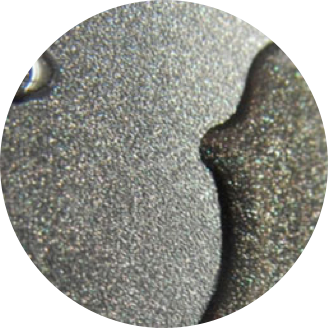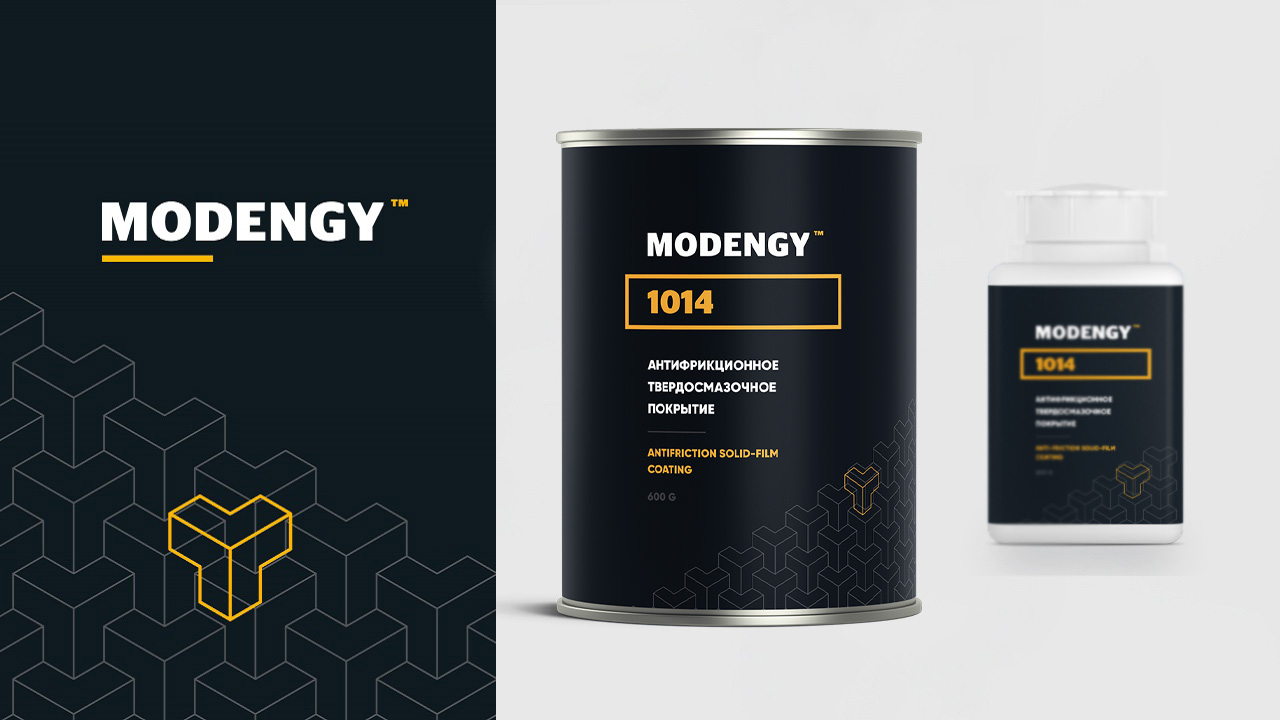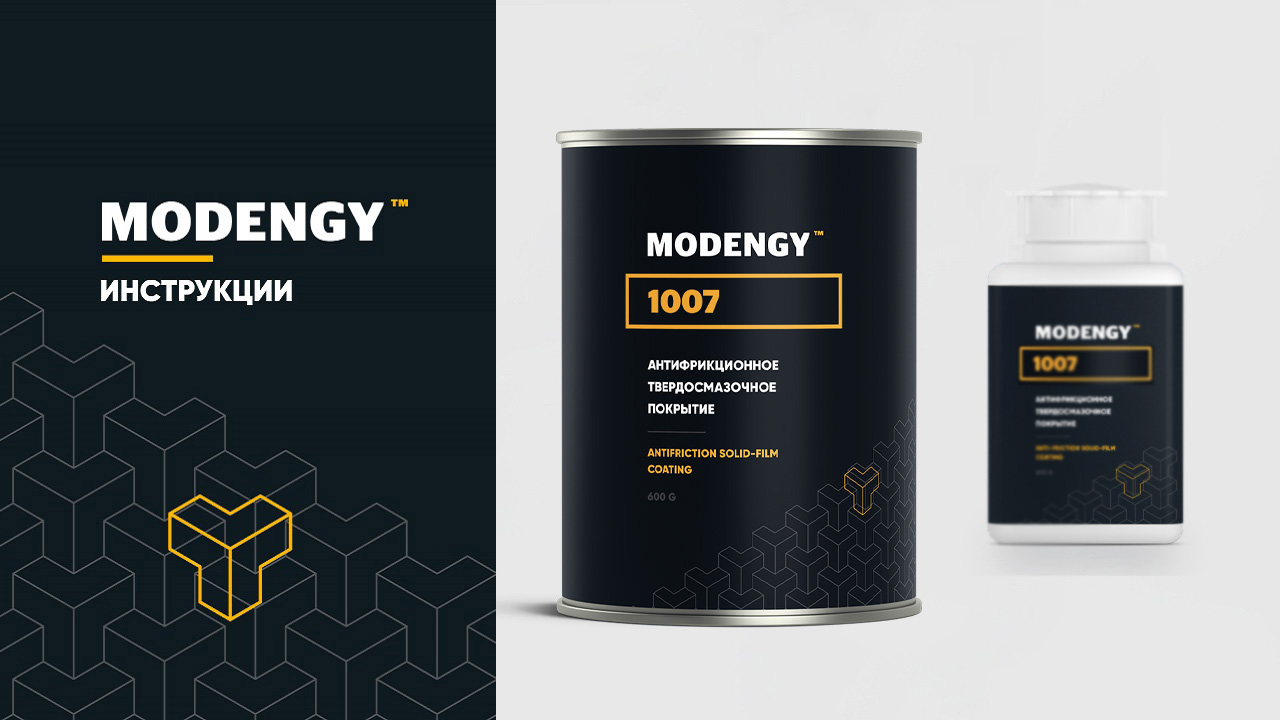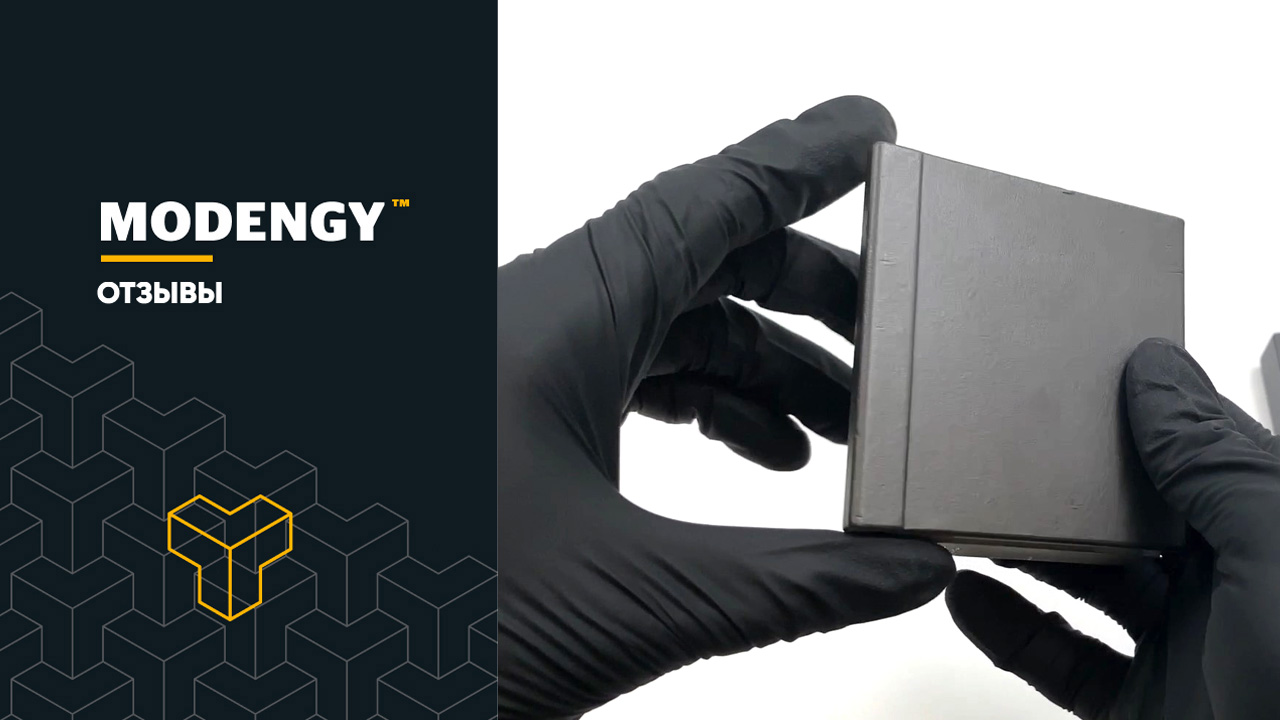Typical issues at operating
soldering equipment
The enterprises, using the thermo-shrink machines, face the issue of sticking PCV film and its melted
residues to the soldering jaws (matrixes).
It is necessary to stop the whole packaging line to clean the heating elements.
Of course, it entails decreasing production volumes, and financial losses.
Besides, it brings the following consequences of sticking polyethylene onto the soldering matrixes:
- Package quality gets worse
- Defective items quantity increases
- Parts wear fast
- Extra expenses for their unscheduled replacement
 They cover the soldering elements of some machine models with teflon to prevent melted film sticking. The protective coating is applied at the manufacturing plant of the equipment, and it is meant to last for its whole service lifetime.
They cover the soldering elements of some machine models with teflon to prevent melted film sticking. The protective coating is applied at the manufacturing plant of the equipment, and it is meant to last for its whole service lifetime.
Silicone grease are sometimes applied onto the soldering jaws as a separating layer. However, both this method, and treating with teflon have a number of drawbacks
Quality package issues due to sticking
to the soldering elements
Drawbacks of treating with teflon, and of covering
the soldering elements with silicone greases:
It’s easy to damage the expensive teflon coating at careless cleaning
Teflon is sensitive towards high temperatures, so it can peels off because of overheating
It is required to change silicone greases regularly that’s why purchase costs for them are too high
Equipment lubricating is the cause of its forced downtimes and financial losses
MODENGY coatings are an effective protection
for the soldering matrixes
Anti-Friction Solid-Film coatings (ASC) are an optimal solution for the film sticking issue. These materials from the Modengy Russian company are used to restore the previous protective layer on the soldering jaws or to create a new one.
MODENGY 1007 and MODENGY 1014 coatings have successful application experience in this area. They act as non-stick materials, and prevent film from sticking at the solder zone.
MODENGY non-stick coatings

- They operate as long and efficient as possible
- They withstand high temperatures up to +350 °С
- They are resistant to mechanical effects
- They strongly hold on the surface
- They are not damaged with detergents and chemicals
- They are easy to apply
Which certain coating is to be chosen depends on heat degree of the soldering elements, aggressive media exposure, and the other operational conditions of the packaging equipment.
 MODENGY 1007 is made on the basis of graphite, so it retains its properties at temperatures up to +350 °С. The coating is resistant to aggressive detergent media and chemicals that can be used to clean the soldering jaws. As for its separating properties, this material is not inferior to teflon, and even superior to it on its thermo- and wear resistance.
MODENGY 1007 is made on the basis of graphite, so it retains its properties at temperatures up to +350 °С. The coating is resistant to aggressive detergent media and chemicals that can be used to clean the soldering jaws. As for its separating properties, this material is not inferior to teflon, and even superior to it on its thermo- and wear resistance.
 MODENGY 1014 based on polytetrafluorethylene (PTFE) and molybdenum disulfide has as high adhesion as MODENGY 1007. It also can’t be damaged being exposed to most chemical media. However, this coating is used at the lower equipment service temperatures as it can withstand the temperatures up to +255 °C only.
MODENGY 1014 based on polytetrafluorethylene (PTFE) and molybdenum disulfide has as high adhesion as MODENGY 1007. It also can’t be damaged being exposed to most chemical media. However, this coating is used at the lower equipment service temperatures as it can withstand the temperatures up to +255 °C only.
These coatings are applied onto the soldering matrixes by spraying out method. The surfaces are preliminary cleaned, degreased, and undergo final preparation with MODENGY Special Cleaner-Activator.
MODENGY 1007 polymerizes by heating up to +200 °С within 20 minutes, while MODENGY 1014 does at +200 °С within 40 minutes.
Both products are non-toxic after they have cured, so they are not dangerous for human health.
You can

Purchase the coatings and then apply them by yourselves.
We will provide you with the detailed instruction

use our service on coating applying
at our Engineering Center
for self-applying





 RU
RU
 EN
EN













